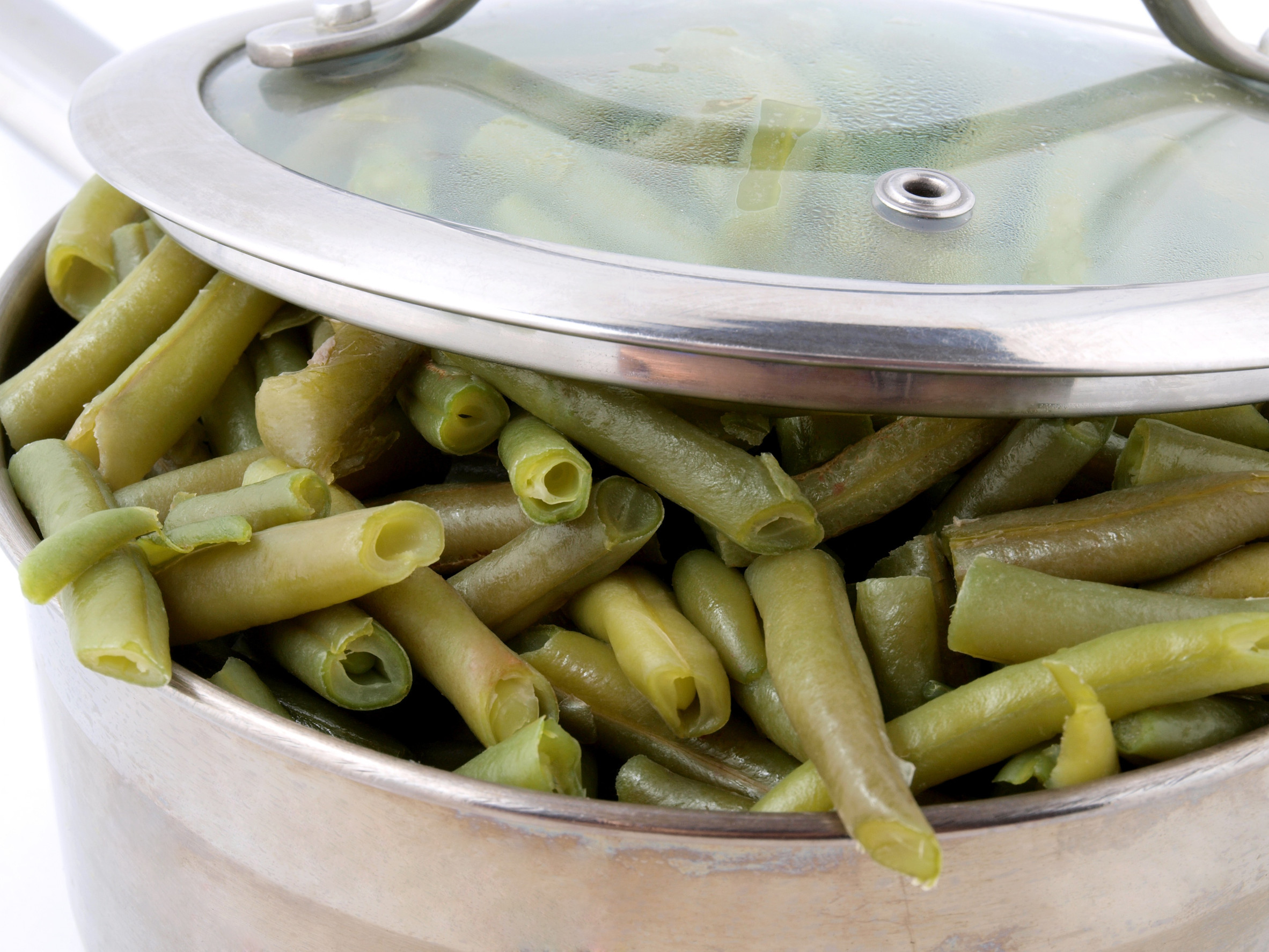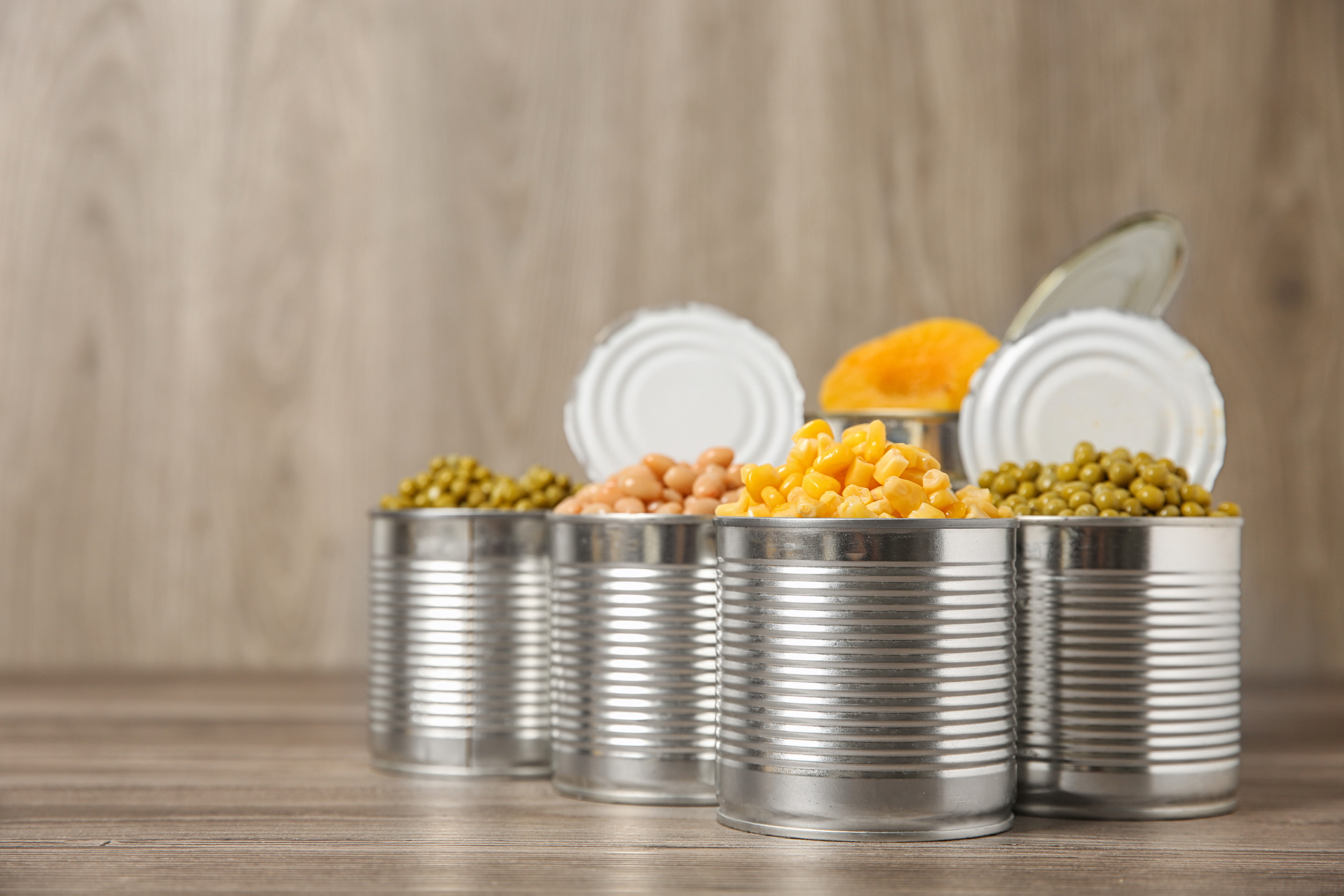Canned veggies seem like a pantry staple—convenient, nutritious, and shelf-stable. But did you know many canned veggies secretly carry hidden risks that can harm your health over time? From sneaky sodium to BPA exposure, what looks wholesome might come with drawbacks. In this article, we highlight five seemingly healthy canned vegetables that could be hurting you, and what healthier alternatives to reach for instead. Stay informed so you can keep your meals both easy and truly healthy.
1. Canned Green Beans – High Sodium, Low Benefits

Green beans are low-calorie and nutritious, but canned versions often contain a shocking amount of salt. Many brands pack 300–400 mg of sodium per serving—up to 15–20% of your daily limit. That extra sodium contributes to high blood pressure and cardiovascular strain over time. Rinsing can reduce salt by about 40%, but the nutrient lock‑in and plastic lining issues remain. Opt instead for no‑salt‑added cans or cook fresh/frozen beans lightly seasoned.
2. Canned Corn – BPA Lining and Hidden Sugars
Corn seems harmless, but many cans are lined with BPA‑epoxy, a hormone-disrupting chemical linked to heart disease and diabetes. Despite some BPA‑free claims, studies have found traces in most canned foods. Sweet corn often comes packed in syrup or brine, adding unwanted sugar and sodium. Over time, routine exposure—even in moderate amounts—can disrupt metabolic and endocrine health. Better alternatives: frozen corn or fresh off-the-cob with olive oil and herbs.
3. Canned Tomatoes – Acid Leaching & Heavy Metals
Canned tomatoes are acidic, meaning they can leach tin, nickel, and BPA from can linings into the food. While most levels fall below regulatory limits, long-term consumption of trace amounts may contribute to nausea or a greater toxic load. If the can shows swelling, rust, or damage, the risk of bacterial contamination or tin leaching increases. Choose glass‑jarred tomatoes or make quick homemade sauce from fresh ones when possible.
4. Canned Spinach – Nutrient Loss & Sodium
Spinach is a nutrient powerhouse—until it’s canned. The heat processing destroys much of the vitamin C, potassium, and antioxidants that raw or frozen spinach provides. On top of that, canned spinach is often salted heavily to preserve taste and texture. You may be getting iron, but losing the freshness while packing in sodium. A better choice? Use frozen spinach—nutrients intact and sodium-free—then season yourself.
5. Canned Mixed Vegetables – Additives & Preservatives

Mixed veggie cans often contain carrots, peas, corn, and green beans—all linked to plastic lining, sodium, and sugar concerns. Manufacturers may use additives like disodium EDTA and preservatives to retain color and shelf life. These chemicals can have subtle health effects when consumed frequently. Plus, you’re less likely to rinse mixed vegetables effectively. Instead, create your own mix at home—fresh, steamed, or frozen—with seasonal variety and no additives.
Why It Matters for Your Health
Hourly canned veggie convenience masks long-term exposure to chemicals and excessive sodium. BPA and can-lining toxins sneak into your diet daily, raising risks for hypertension, diabetes, hormone disruption, and even some cancers. Nutrient loss from canning also makes them less effective than fresh or frozen. Making simple swaps supports better health without sacrificing convenience. Your heartbeat, hormones, and energy levels will thank you later.
Have you made healthier swaps with canned veggies, or have favorite recipes that avoid them? Share your tips and experiences in the comments below!
Read More
Remember These? 10 Canned Foods That Quietly Disappeared
3 Versatile and Often Underrated Canned Meats
The post 5 Canned Veggies That Seem Healthy—But Could Be Harming You Over Time appeared first on Grocery Coupon Guide.







